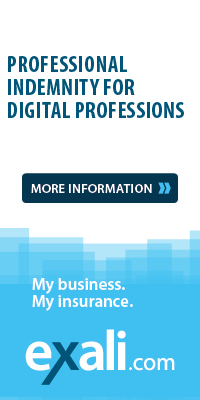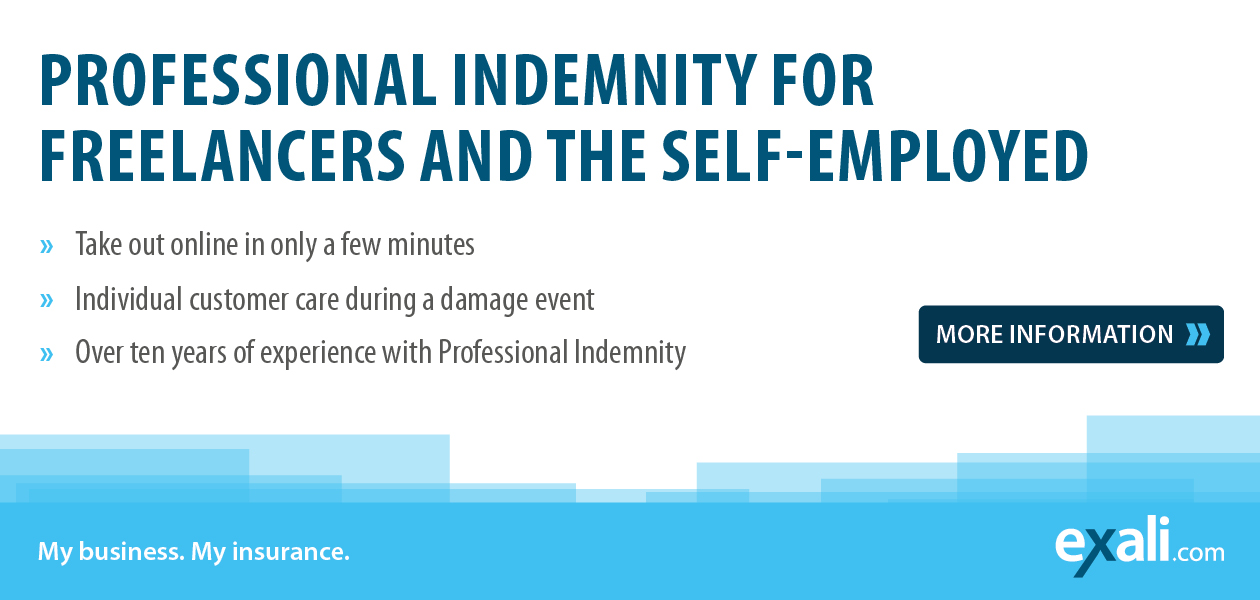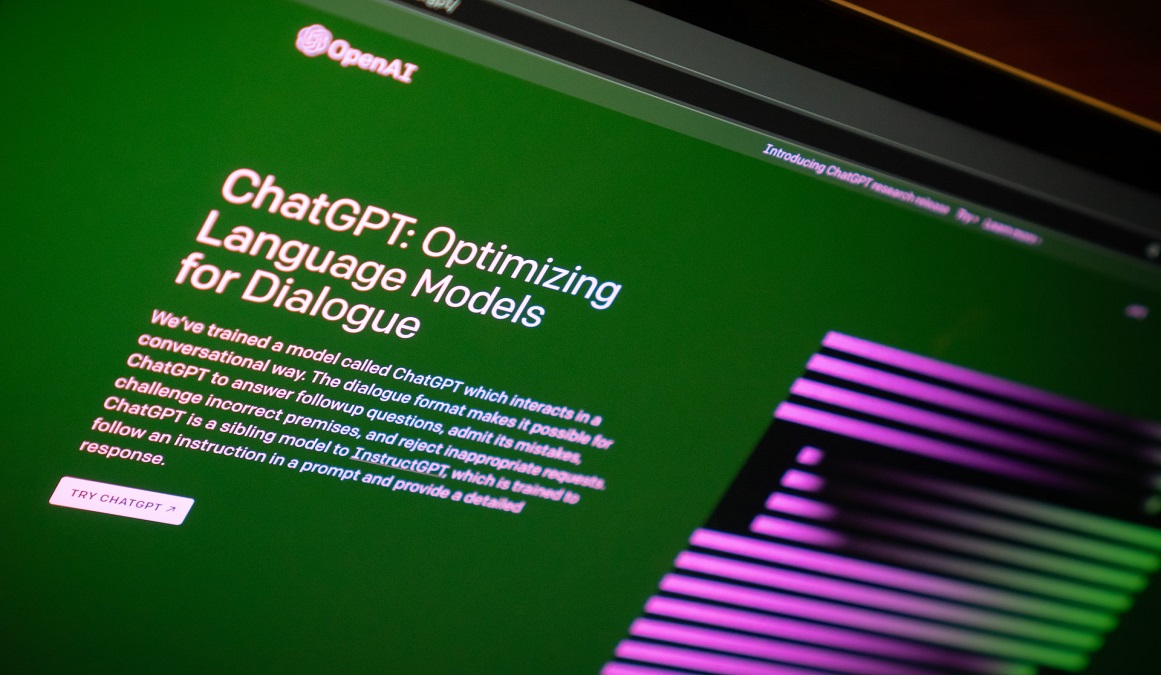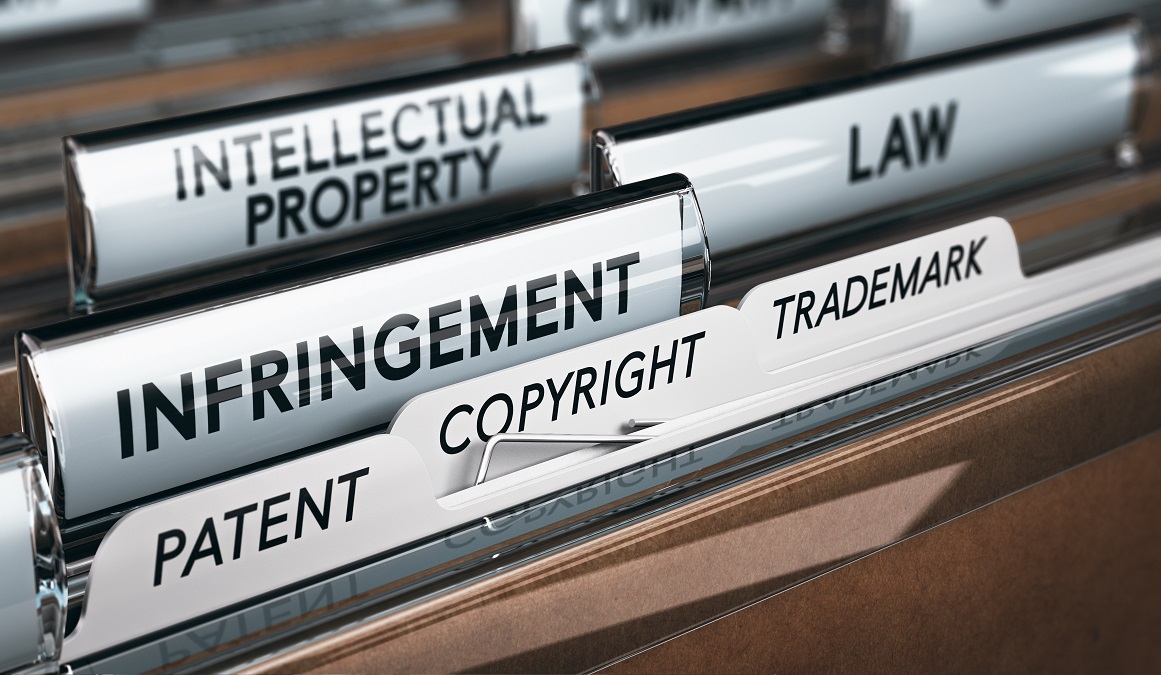CC Licences At a Glance: Find the Right Licence For Your Project
As a freelancer, sometimes there is no way around using third-party content. This is the case, for example, if you want to add images to your website and don't want to create the photos yourself. However, if you are not careful, you can quickly commit a copyright infringement. To counteract this, the Creative Commons organisation has developed various licences that aim to combine ease of use with legal security. We have summarised the various licences for you in this article.
What Is a CC Licence?
The purpose of CC licences is to allow creators to decide for themselves under which conditions third parties may use their works. The non-profit organisation Creative Commons (CC) wanted to achieve this goal by developing various licences. It does not matter whether it is texts, images or videos - instead, the focus is on the intended use of the content.
There are six standard licence agreements that can be used when processing creative content. They give interested users of third-party content freedom of use that goes beyond what is possible under copyright law. The specific scope depends on the licence used.
What Role Does CC Play?
In this context, the Creative Commons organisation does not act as an exploiter, contractual partner or publisher. It merely offers the ready-made licence agreements to the creators to take over and use on their own responsibility. This allows them to clearly define what may and may not happen with their content.
Legal infringements are one of the biggest risks regarding written warnings for freelancers and the self-employed. However, there are other dangers that can affect your business. You can read about what to expect in this regard in the article 5 Business Risks Freelancers Should Know About.
Purpose of CC Licences
But apart from the greater scope for use, why are further licences useful in addition to copyright? The rules of copyright law are varied and quite difficult to understand for anyone without a law degree. They are often a hindrance in the creative sector in particular: for example, when it comes to distributing your own works or if you want to build content on other creations. The risk of expensive written warnings is always high, as there is a great deal of uncertainty, especially for laypersons.
These Licences Are Availiable
Creative Commons offers six standard licence agreements for use. There is also the so-called CC Zero licence, which we will look at in more detail below.
| Licence | Meaning |
|---|---|
| CC BY |
Third parties may distribute, remix, improve and build on the work – as long as they name the author of the original. This applies to both commercial and non-commercial use. |
| CC BY SA |
Third parties may distribute, remix, improve and build on the work – as long as they name the author of the original. This applies to both commercial and non-commercial use. The newly created works must be published under the same conditions. |
| CC BY ND |
Third parties may distribute, remix, improve and build on the work – as long as they name the author of the original. This applies to both commercial and non-commercial use. The work may only be distributed in its entirety and without any changes to the original. |
| CC BY NC |
Third parties may distribute, remix, improve and build on the work – as long as they name the author of the original. This does not apply to the commercial sector. |
| CC BY NC SA |
Third parties may distribute, remix, improve and build on the work – as long as they name the author of the original. This does not apply to the commercial sector. The newly created works must be published under the same conditions. |
| CC BY NC ND |
Third parties may distribute the work – as long as they name the author of the original. This does not apply to the commercial sector. The work may only be distributed in full and without any changes to the original. |
| CC0 (CC Zero) |
The author has waived all copyrights and related rights. Third parties may distribute, remix, improve and build on the work as they wish. |
Specifying CC Licences Correctly
If you use a work under a CC licence, you must indicate this correctly. This includes the following points:
- Version number
- If applicable, a country suffix (e.g. CC BY SA de)
- URL of the licence on the Creative Commons server
- Name of the author
- Title of the work
You can use third-party content safely with this information.
If you receive a written warning despite taking all due care when using CC or other licences, you can prevent the worst from happening by reacting correctly. You can find out what is important in the article Have You Received a Written Warning? This Is How You Should Respond.
Excursus: The Problem With CC0
At first glance, the CC0 licence appears to be a practical solution for everyone involved. Users know that they can use content freely under this licence. Creators of works can simply get rid of their copyrights and no longer have to worry about whether and how their work is distributed.
In Germany and some other European countries, however, there is a problem: the complete waiver of copyright is not legally possible. As a solution, copyright holders can also grant a general licence that allows third parties to use the work without restrictions. In addition, creators waive their ability to assert these rights in court.
But as much freedom as the CC0 licence brings: Users and rights holders are still not completely protected from difficulties. For example, if they don't like the way their work is being used, they can't do anything about it. For users, on the other hand, it is sometimes difficult to understand whether content is legally available under a CC0 licence or if unauthorised persons have appropriated the work. In this case, there is a risk of written warnings from the original authors, even though third parties have allegedly used the work in accordance with the licence.
CC Licence: No Total Copyright Freedom
Just like a classic copyright infringement, the use of a CC licence also carries the risk of written warnings, cease-and-desist declarations and expensive claims for compensation. This can happen, for example, if you provide incorrect information, do not comply with the conditions for distribution or (unknowingly) use content that is offered by unauthorised parties under a CC licence.
Professional Indemnity Insurance through exali protects you against this and many other risks so that you do not have to pay for professional negligence with your private assets. The insurer checks whether claims made against you by third parties are justified at all. If necessary, it will pay for the damage caused by you. However, if the claims are unjustified or exaggerated, the insurer will defend them on your behalf.
Would you like to know more about the risks covered by Professional Indemnity Insurance or would you like to put together your customised insurance cover directly? Then our exali customer service experts are here for you! You can reach us from Monday to Friday from 9.00 am to 6.00 pm (CET) on + 49 (0) 821 80 99 46 0 or via the contact form.
The Right Licence For Creators
A CC licence can also be a reasonable option for anyone who creates works. This is because the use of a CC licence is always a statement in favour of open access and the free availability of cultural goods. In addition, you increase your own visibility, as others can access your own works much more easily. As many creations build on each other (for example graphic design, music remixes or video soundtracks), it is also important to ensure a certain diversity in the material pool. After all, all this editing only remains productive if you use third-party content and offer your own content for use in equal measure.
If you are wondering under which licence you should offer your work, this graphic can help you:
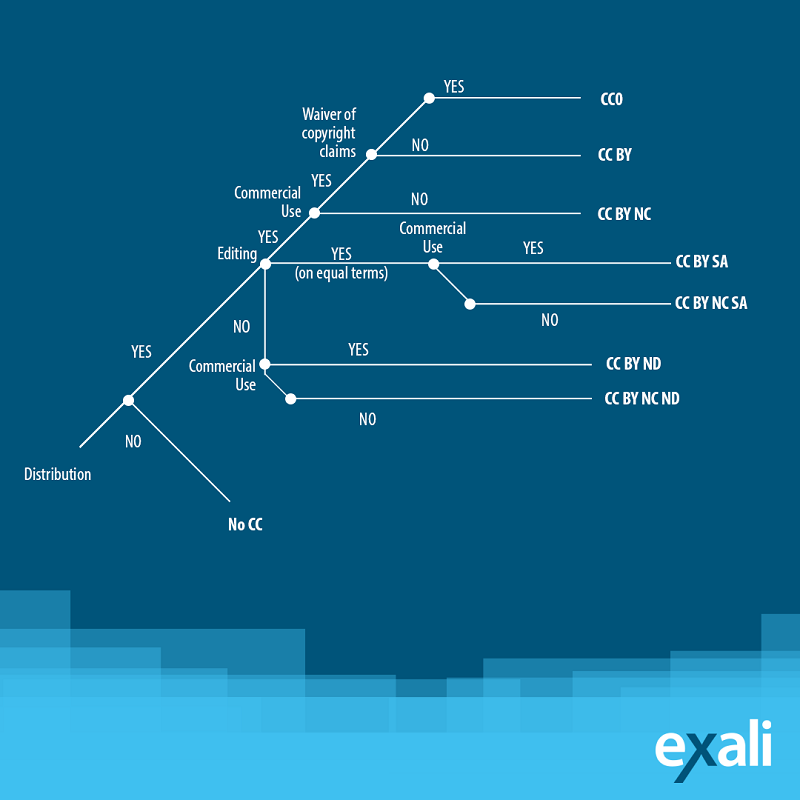
By answering a few simple questions, you can quickly find the right CC licence for your work.
Creative Commons: Fewer Obstacles, But Still a Lot of Responsibility
The use of CC licences can greatly stimulate creative interaction with other works. They ensure that originators benefit from each other's creations without having to conclude complicated licence agreements. However, this only works if everyone adheres to the scope of use specified in the licence and provides the correct information - otherwise there is a risk of horrendous claims for compensation.
However, if everyone involved works carefully, members of different industries can draw on a diverse pool of works and rights holders have the opportunity to distribute and publicise their works on their own terms.

Vivien Gebhardt is an online editor at exali. She creates content on topics that are of interest to self-employed people, freelancers and entrepreneurs. Her specialties are risks in e-commerce, legal topics and claims that have happened to exali insured freelancers.
She has been a freelance copywriter herself since 2021 and therefore knows from experience what the target group is concerned about.


